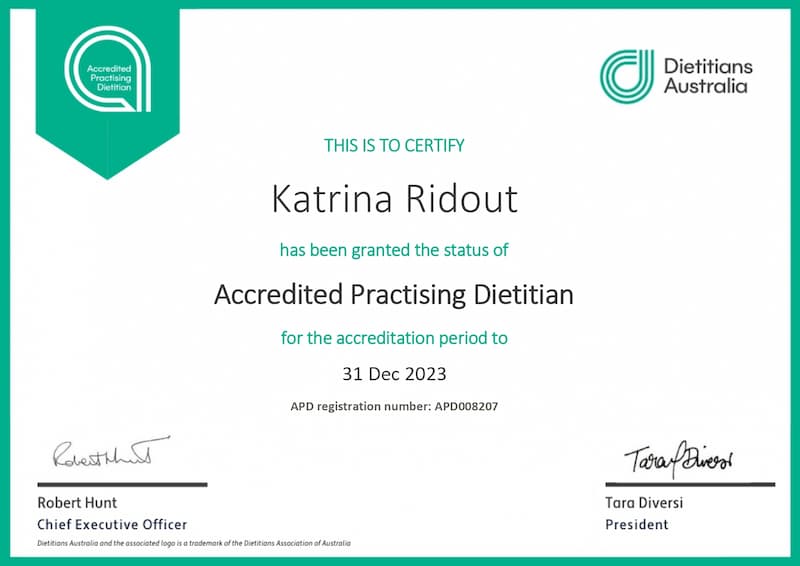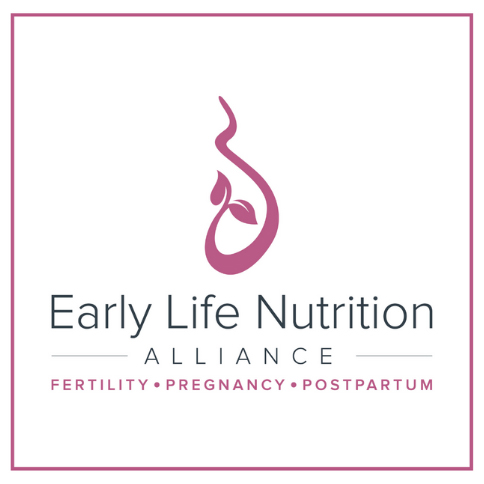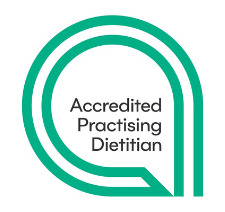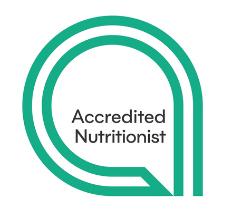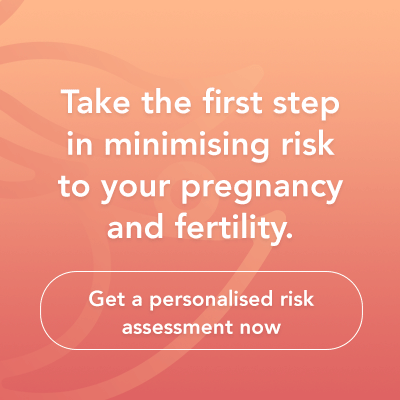Frequently Asked Questions
What is endometriosis?
Endometriosis is a condition where the tissue lining the uterus grows outside of it, causing pain, heavy periods, infertility, and other symptoms. It is diagnosed through medical history, physical exams, and sometimes surgery. Treatment options include pain medication, hormone therapy, and surgery.
What causes endometriosis?
The exact cause of endometriosis is not known, but possible factors include retrograde menstruation, hormonal imbalances, genetic factors, immune system issues, and embryonic cell transformation.
How does diet affect endometriosis?
Diet can potentially influence endometriosis symptoms and overall well-being, although its impact may vary from person to person. While no specific diet has been proven to cure or completely eliminate endometriosis, certain dietary choices can be beneficial. Here are some ways in which diet may affect endometriosis:
- Anti-inflammatory foods: Chronic inflammation is associated with endometriosis. Including foods with anti-inflammatory properties in your diet, such as fruits, vegetables, whole grains, and healthy fats (like those found in fish, nuts, and seeds), may help reduce inflammation and alleviate symptoms.
- Omega-3 fatty acids: Omega-3 fatty acids have anti-inflammatory properties and can be found in fatty fish (like salmon and sardines), walnuts, flaxseeds, and chia seeds. Including these foods in your diet may help reduce inflammation and potentially relieve symptoms.
- Fibre-rich foods: A high-fibre diet can support healthy digestion and help regulate bowel movements. This can be beneficial for individuals with endometriosis who may experience digestive issues or bowel discomfort. Foods rich in fibre include fruits, vegetables, whole grains, and legumes.
- Avoiding trigger foods: Some people with endometriosis find that certain foods exacerbate their symptoms. While triggers can vary, common culprits include processed foods, high-fat foods, caffeine, alcohol, and foods with high levels of added sugars. It may be helpful to identify any specific trigger foods through an elimination diet or by keeping a food diary.
- Managing oestrogen levels: Oestrogen plays a role in endometriosis, and some foods can affect oestrogen levels in the body. Cruciferous vegetables (such as broccoli, cauliflower, and Brussels sprouts) contain compounds that support oestrogen metabolism and may help maintain hormonal balance.
It’s important to note that dietary changes alone may not be sufficient to manage endometriosis, and it’s advisable to consult with a healthcare professional or a registered dietitian who specialises in endometriosis to create a personalised diet plan based on individual needs and symptoms.
What foods are good for the treatment of Endometriosis?
Endometriosis is a painful disorder that affects the tissue lining the uterus, causing it to grow outside the uterus. While there is no specific diet that can cure endometriosis, there are certain foods that may help reduce symptoms and inflammation. Here are some foods that may be beneficial for individuals with endometriosis:
● Fruits and Vegetables: A diet rich in fruits and vegetables can help reduce inflammation in the body. Berries, leafy greens, broccoli, and carrots are all good choices.
● Omega-3 Fatty Acids: Omega-3 fatty acids have anti-inflammatory properties and can help reduce pain and inflammation associated with endometriosis. Good sources include fatty fish, flaxseed, and chia seeds.
● Fibre: A diet high in fiber can help regulate bowel movements and reduce constipation, which can worsen endometriosis pain. Good sources of fiber include whole grains, fruits, vegetables, and legumes.
● Anti-inflammatory Spices: Certain spices have anti-inflammatory properties, which may help reduce pain and inflammation associated with endometriosis. Turmeric, ginger, and cinnamon are good choices.
● Lean Protein: Lean protein sources, such as chicken, turkey, fish, and tofu, can help provide energy and reduce inflammation in the body.
It’s important to note that every person with endometriosis may have different dietary needs and triggers, so it’s important to work with a healthcare provider or registered dietitian to develop a personalised nutrition plan.
Which foods can trigger an endometriosis flare-up?
Certain foods may trigger an endometriosis flare-up in some individuals. These foods include:
● Red meat and processed meats
● High-fat dairy products
● Gluten-containing foods
● Soy-based products
● Alcohol
● Caffeine
● Sugar and high-glycemic index foods
● Fried and high-fat foods
However, it’s important to note that every person with endometriosis may have different dietary triggers and needs, so it’s essential to work with a healthcare provider or registered dietitian to identify specific trigger foods and develop a personalised nutrition plan.
What Is Endometriosis, and it’s dietary precautions to follow?
Endometriosis is a condition where the uterine lining grows outside the uterus, causing inflammation and pain. Dietary precautions that may be beneficial include increasing intake of fruits and vegetables, choosing healthy fats, avoiding red and processed meats, high-fat dairy, caffeine, alcohol, and sugary foods, choosing whole grains and fiber-rich foods, and trying anti-inflammatory spices. Work with a healthcare provider or registered dietitian to develop a personalised nutrition plan.
Is there a cure for endometriosis?
Although there is currently no definitive cure for endometriosis, many individuals find symptom relief through certain dietary adjustments. Consuming a diet filled with fruits, vegetables, and whole grains can provide essential nutrients and fibre, potentially reducing inflammation. Limiting processed foods and sugars, known to increase inflammation, may also help manage symptoms. Incorporating omega-3-rich foods, such as fish, flaxseeds, and walnuts, could provide anti-inflammatory benefits. Reducing the intake of caffeine and alcohol, which can heighten oestrogen levels, may further help manage endometriosis symptoms. Staying well-hydrated with plenty of water aids digestion and prevents constipation, potentially alleviating the pain associated with endometriosis.
However, everybody is unique, and what works for one person may not work for another. Therefore, it’s crucial to consult with healthcare providers or registered dietitians before undertaking significant dietary modifications, as part of a broader conversation about managing endometriosis symptoms and overall health.
How is endometriosis diagnosed?
The diagnosis of endometriosis typically involves a combination of medical history, physical examination, and sometimes imaging and surgical procedures. Here’s an overview of the diagnostic process:
- Medical History and Symptoms: Your doctor will start by discussing your symptoms, including the location, severity, and timing of pain, as well as any menstrual irregularities. Sharing detailed information about your symptoms is crucial for an accurate diagnosis.
- Physical Examination: A pelvic exam may be performed to check for any abnormalities, tenderness, or masses in the pelvic area. However, endometriosis cannot be definitively diagnosed based solely on a physical exam.
- Imaging: While imaging tests like ultrasound or MRI can help identify larger endometriotic cysts and adhesions, they may not always detect smaller lesions.
- Laparoscopy: This is the gold standard for diagnosing endometriosis. It’s a minimally invasive surgical procedure where a thin tube with a camera (laparoscope) is inserted through a small incision in the abdomen. This allows the doctor to directly visualise the pelvic organs and any endometriotic lesions. If lesions are found, a biopsy may be taken for confirmation.
- Biopsy: During laparoscopy, if suspicious lesions are seen, a small tissue sample (biopsy) may be taken for examination under a microscope to confirm the presence of endometriosis.
Remember, the only way to definitively diagnose endometriosis is through laparoscopy and biopsy. Other tests and examinations help in gathering supporting information and ruling out other conditions.
If you suspect you have endometriosis or are experiencing symptoms consistent with the condition, it’s important to consult a healthcare professional. They can guide you through the diagnostic process and develop an appropriate treatment plan if necessary.
What are the common symptoms of endometriosis?
Endometriosis can manifest with a wide range of symptoms that vary in severity from person to person. Common symptoms of endometriosis include:
- Pelvic Pain: Persistent pelvic pain is a hallmark symptom. The pain might be dull, sharp, cramping, or stabbing and can occur before and during menstruation, during intercourse, or throughout the menstrual cycle.
- Dysmenorrhoea: Severe menstrual cramps that are not relieved by over-the-counter pain medication are common. The pain can interfere with daily activities.
- Painful Intercourse: Pain during or after sexual intercourse (dyspareunia) is a common symptom of endometriosis.
- Chronic Pelvic Pain: Continuous or recurrent pelvic pain that lasts beyond menstruation can be a sign of endometriosis.
- Heavy or Irregular Menstruation: Some individuals with endometriosis experience heavy or irregular periods.
- Painful Bowel Movements or Urination: Endometriosis can cause pain during bowel movements or urination, particularly during menstruation.
- Infertility: Endometriosis can contribute to fertility issues by affecting the ovaries, fallopian tubes, and the overall pelvic environment.
- Fatigue and Discomfort: Chronic pain and other symptoms can lead to fatigue, discomfort, and a reduced quality of life.
- Bloating: Many individuals with endometriosis report abdominal bloating, especially during their menstrual cycle.
- Gastrointestinal Symptoms: Some people experience gastrointestinal symptoms such as diarrhoea, constipation, or nausea, particularly around the time of menstruation.
- Back Pain: Lower back pain is another symptom that can be associated with endometriosis.
It’s important to note that the severity of symptoms does not always correlate with the extent of endometriosis. Some individuals with mild endometriosis might experience severe pain, while others with extensive lesions might have minimal symptoms. If you suspect you have endometriosis or are experiencing any of these symptoms, it’s recommended to seek medical evaluation and guidance for proper diagnosis and management.
